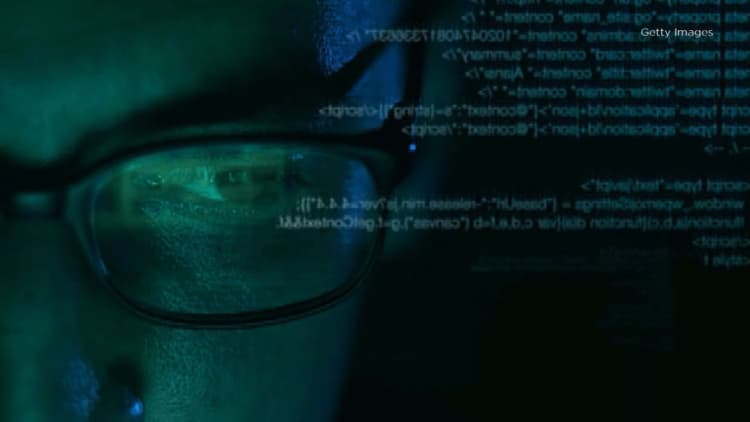Arrested British security researcher Marcus Hutchins, also known as Malwaretech, has made his Twitter return by joking about his arrest.
The 23-year-old, who helped stop the WannaCry attack in May, was arrested earlier this month for allegedly creating a virus that could steal people's online banking details.
But in Hutchins' first tweets since the arrest, he seems to be mocking the press coverage of his apparent luxury lifestyle before he was indicted, and also airing frustrations over McDonald's ice cream.
The cyber expert originally hit headlines in May for his part in stopping the WannaCry ransomware attack that encrypted computer files and then demanded a bitcoin ransom from users for the return of the files.
Wannacry hit over 200,000 victims in around 150 countries. So far hackers have made over $143,000 worth of bitcoin from the ransoms paid.
Hutchins found a "kill switch" in the WannaCry ransomware that halted the spread of the attack.

But just two months after the attack, Hutchins was indicted, accused of creating and distributing a malicious software designed to garner usernames and passwords of users on banking websites.
Arrested earlier this month after the DefCon hacking conference in Las Vegas, Hutchins who normally resides in Devon, was released on bail and pleaded not guilty to all six charges on Monday.
Hutchins also tweeted his gratitude for the "amazing support" he has received since being indicted, adding that he is now allowed back online.
The British researcher also defended his use of humor, tweeting that despite not being allowed to return to the U.K., he takes his jokes "everywhere".





